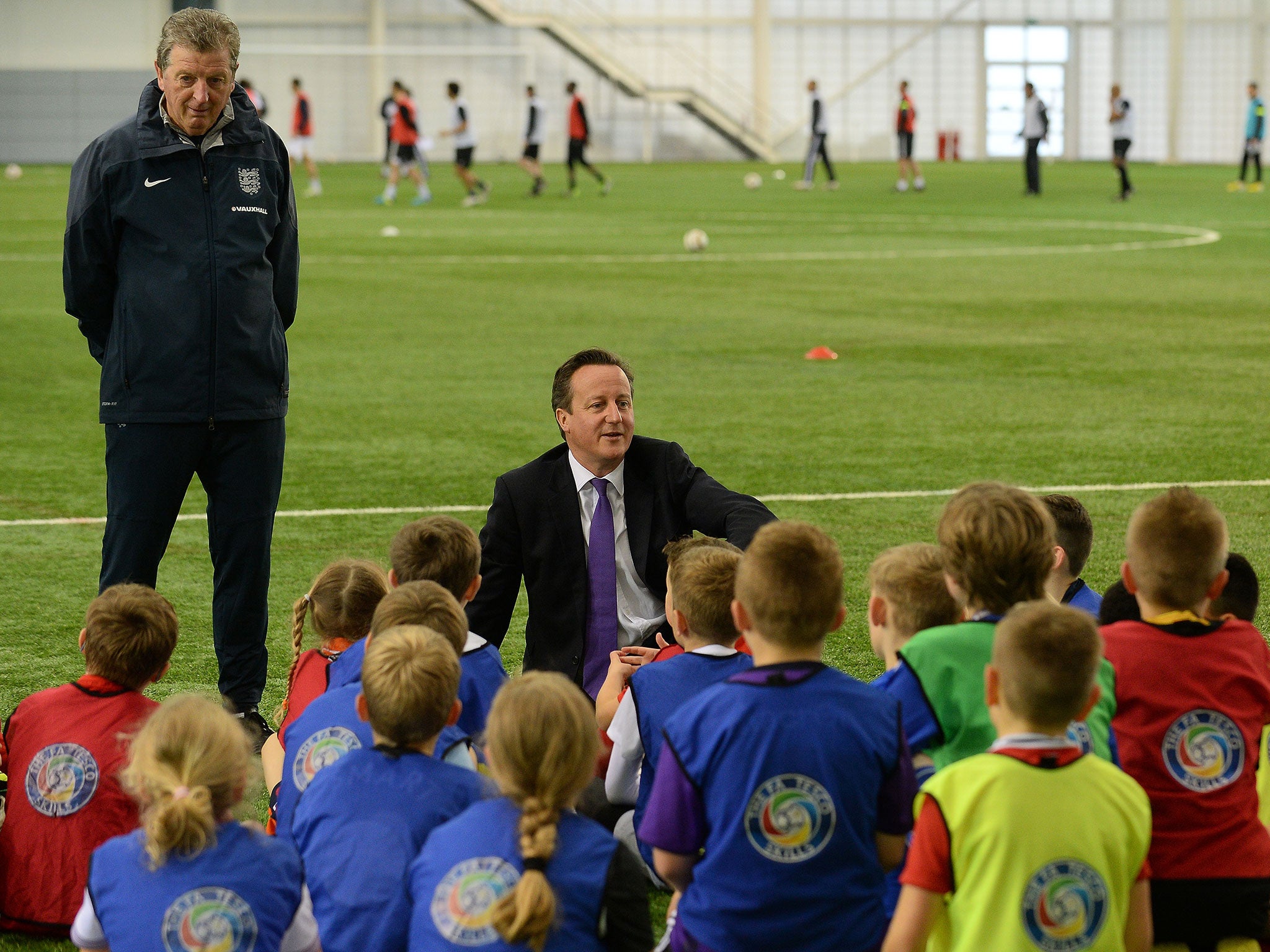General Election 2015: Could safe standing and supporter-run clubs sway the way football fans vote on 7 May?
THE WEEKEND DOSSIER

If you work for Manchester City, Chelsea or, indeed, any Premier League club in a relatively minor capacity you should be voting Green at this election. The party’s manifesto pledges to “make the highest wage in any organisation no more than 10 times the lowest wage”. So if Yaya Touré, John Terry or Wayne Rooney is on £250,000 a week, the kitman or groundsman should get £25,000 a week.
Of course the Greens are unlikely to be in a position, come 8 May, to implement this proposal, but it does highlight how football may be affected after the general election by policies not directly aimed at the sport.
Amid the reams of paper in the various manifestos, all the promises and pledges, some funded, some apparently sketched out on the back of a fag packet, there is not much specifically about the national game. Two million adults play football every week, 1.5m pay to watch it every fortnight, and the economic power of television supporters has helped keep Sky alive, and drawn BT into the broadcast war. But politicians do not see votes in football.
Britain’s rulers used to take a keen interest in the sport. Successive kings tried to ban it in the Middle Ages because it interfered with archery practice. Later it was proscribed by the Crown for being too rowdy, and by the Puritan Commonwealth for being too much fun.
However, since football became codified as a proper sport, rather than a riotous free-for-all, it has been of less concern to legislators. Government’s main involvement in the last 40 years has been a series of largely successful measures to control football hooliganism and improve stadium safety. Interest in the game itself has mainly been limited to photo opportunities.
There are, though, some significant proposals from the parties at this election that will affect football, notably from Labour.
The headline item is a pledge to “provide the means for football supporters to be a genuine part of their clubs”. Labour “will introduce legislation to enable accredited supporters trusts to appoint and remove at least two of the directors of a football club and the option to purchase shares when the club changes hands”.
Equally noteworthy – and causing just as much alarm in the game’s boardrooms – Labour “will ensure the Premier League delivers on its promise to invest five per cent of its television rights income into the grassroots”. That would be around £140m a year, a sum that would transform grassroots facilities.
Labour proposals to re-introduce the 50 per cent top rate of tax, abolish non-dom rules, increase the minimum wage and ban zero-hours contracts will also concern owners but travelling fans will like the idea of a legal right for rail passengers “to access the cheapest ticket for their journey”.
The Liberal Democrats also aim to “give football fans a greater say in how their clubs are run”, but there are no firm proposals for legislation. Of greater interest to fans is the party’s backing for safe standing areas. In addition the Liberal Democrats promise to make homophobic chanting at football grounds a specific criminal offence.
The Conservatives’ view of sport is underlined by the downgrading of the sports minister’s status to a third-tier Cabinet level (meaning they no longer usually attend Cabinet meetings) after the London Olympics were over. And the new incumbent, Helen Grant, was also asked to cover tourism and equalities.
Their manifesto has one mention of football, a promise to back Greg Dyke’s already announced football hubs idea. The Football Association and Football League will, though, have noted a vow to “lift the number of women on national sports governing bodies to at least 25 per cent by 2017”. An intriguing Conservative proposal is the intention to enable “those who work for a big company and the public sector” to take three days’ “volunteering leave” each year, on full pay. Presumably this applies to unpaid grassroots football coaches.
The Greens’ radical proposal to boycott Qatar 2022, and any matches against countries with poor human-rights records, did not make it into the manifesto. Policies that did include raising the top rate of tax to 60 per cent, which few players would vote for. The party want to turn football clubs “into community and supporter co-operatives by giving powers for season ticket holders backed by the local community to take over their running”.
Neither the SNP nor Ukip have any football-related policies, though the latter’s raison d’être, a withdrawal from the European Union, could make it harder for clubs to recruit players cheaply from current EU countries, and thus increase opportunities for young English players.
Will any of these policies persuade someone to cast their vote differently? Probably not, but clearly some form of supporter involvement in clubs is likely should a left-of-centre coalition take power.
Should this election deliver safe standing, more fan-run clubs and a massive investment in grassroots facilities, it will prove a landmark vote for football.
Subscribe to Independent Premium to bookmark this article
Want to bookmark your favourite articles and stories to read or reference later? Start your Independent Premium subscription today.

Join our commenting forum
Join thought-provoking conversations, follow other Independent readers and see their replies